News
Recognise, appreciate sacrifice of GAF, key reason for nation’s peace, stability —Defence Minister
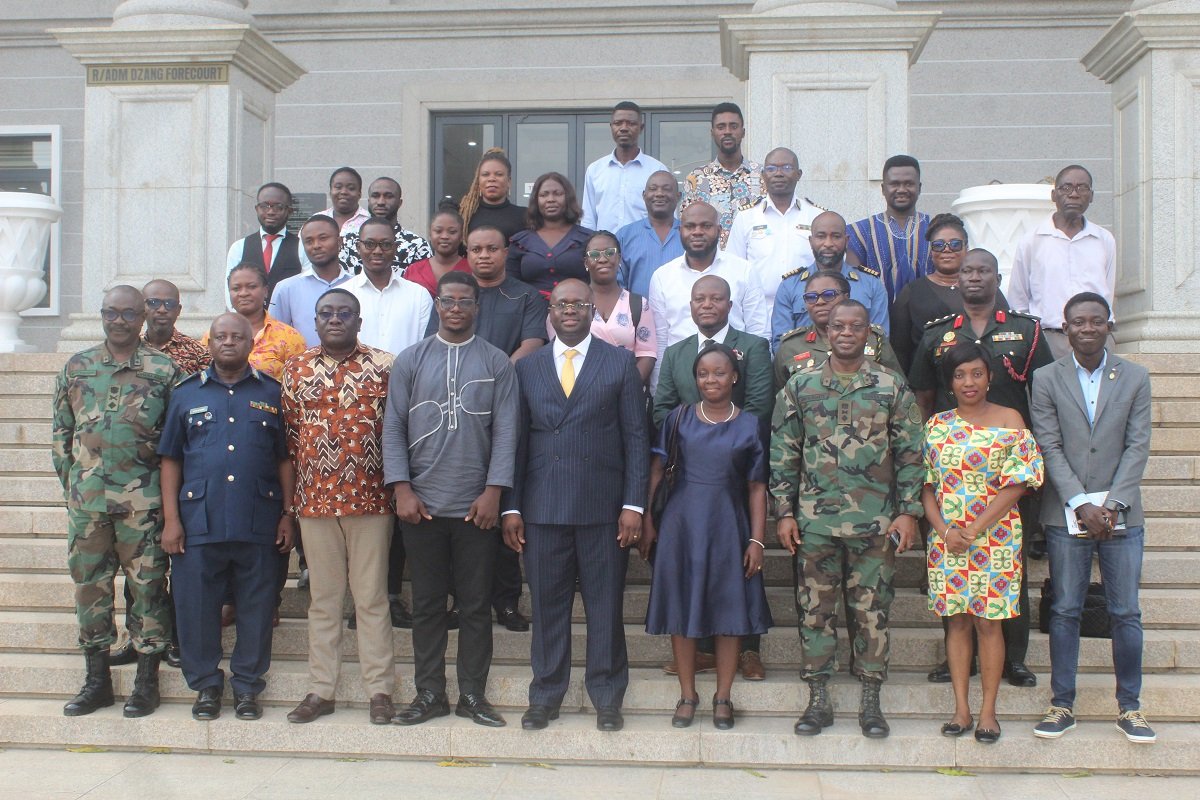
The Defence Minister, Dr Edward Omane Boamah, has called on Ghanaians to recognise and appreciate the sacrifices of the Ghana Armed Forces (GAF), emphasising that their dedication is the key reason for the nation’s peace and stability.
Dr Boamah made the remarks during his maiden interaction with members of the Defence Press Corps (DPC) in Accra on Monday.
The Defence Minister urged Ghanaians to support and respect the Armed Forces, highlighting their contributions beyond combat roles. He cited instances where military engineers have provided rapid solutions to infrastructure challenges, such as bridge construction for isolated communities.
“Our soldiers work tirelessly, often behind the scenes, to ensure national security. Their role in disaster response, peacekeeping, and infrastructure development must be recognised and appreciated,” Dr Boamah added.
The Minister also highlighted the government’s resolve to complete all ongoing military infrastructure projects, some of which dates back to 2010.
He stressed the need to cultivate a culture of finishing existing projects before embarking on new ones, noting that proper financing should always be secured to prevent project abandonment.
“We must learn to complete projects as much as possible. When financing is unclear, projects remain unfinished, which should not be the case,” Dr Boamah stated.
He also mentioned innovative financing strategies, including leveraging climate funds for infrastructure projects that contribute to environmental sustainability, such as transitioning to energy-efficient lighting systems in military installations.
Addressing the housing deficit within the armed forces, Dr Boamah disclosed that the military requires about 17,000 additional housing units. He discussed various strategies, including potential public-private partnerships (PPPs) and mixed housing models, where some personnel may be deliberately integrated into civilian communities to enhance security while maintaining a strong presence in the barracks.
“There are advantages when security personnel live among civilians, as it deters crime. However, we must also maintain a significant standby force within the barracks to ensure rapid deployment when necessary,” he explained.
Dr Boamah expressed concern over the devastating effects of illegal mining (galamsey) on Ghana’s environment, particularly water bodies. He revealed that pollution levels in some areas have reached unprecedented levels, making water treatment extremely difficult.
“The Ghana Armed Forces is ready and willing to assist the government in addressing environmental challenges. We need a collective effort to combat the illegal mining menace,” he said.
By Jemima Esinam Kuatsinu
News
The Golden Gift of the Savannah: The untold story of Shea Nut and Shea Butter
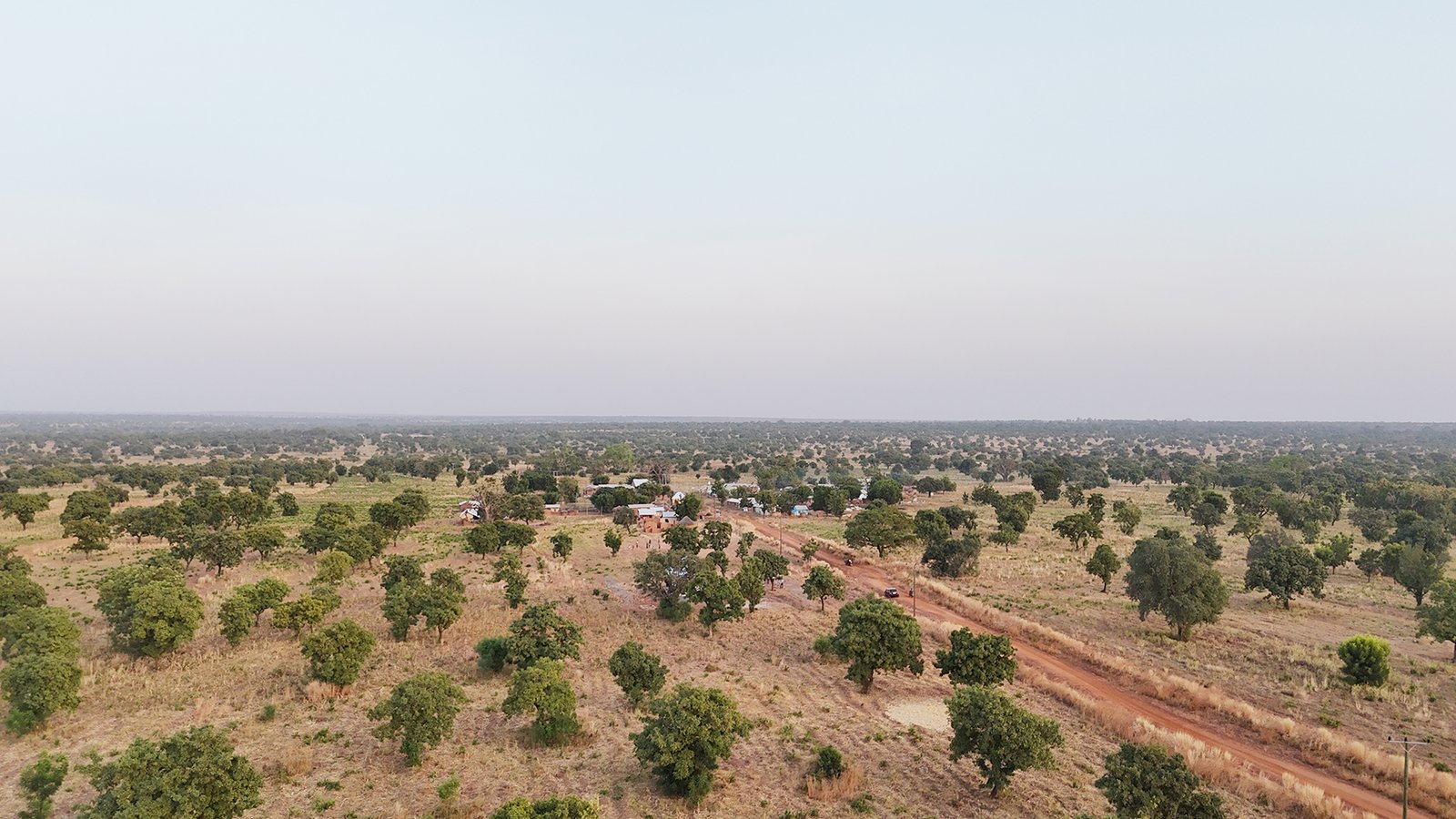
In the vast Savannah of Northern Ghana, where the sun ‘kisses’ the earth stands a tree revered for its economic and cultural significance – the shea tree.
For centuries, the shea nut plucked from this resilient tree, has been the lifeblood of countless women and communities, shaping economies, traditions, and futures across the northern regions of Ghana.
To many women, shea butter is not merely an ingredient in cosmetics and skincare.
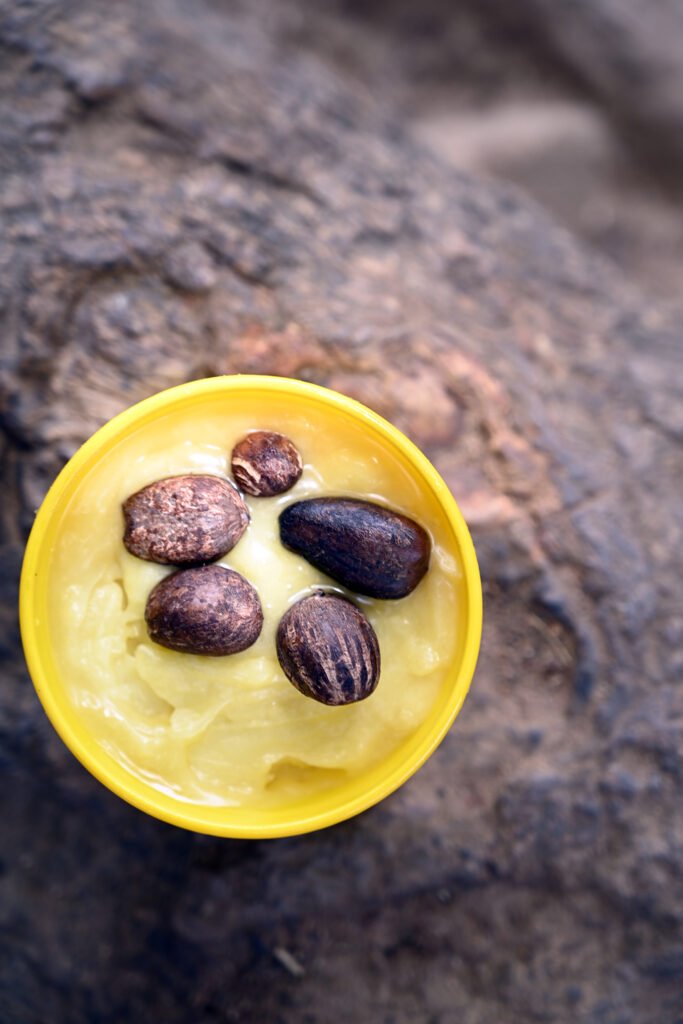
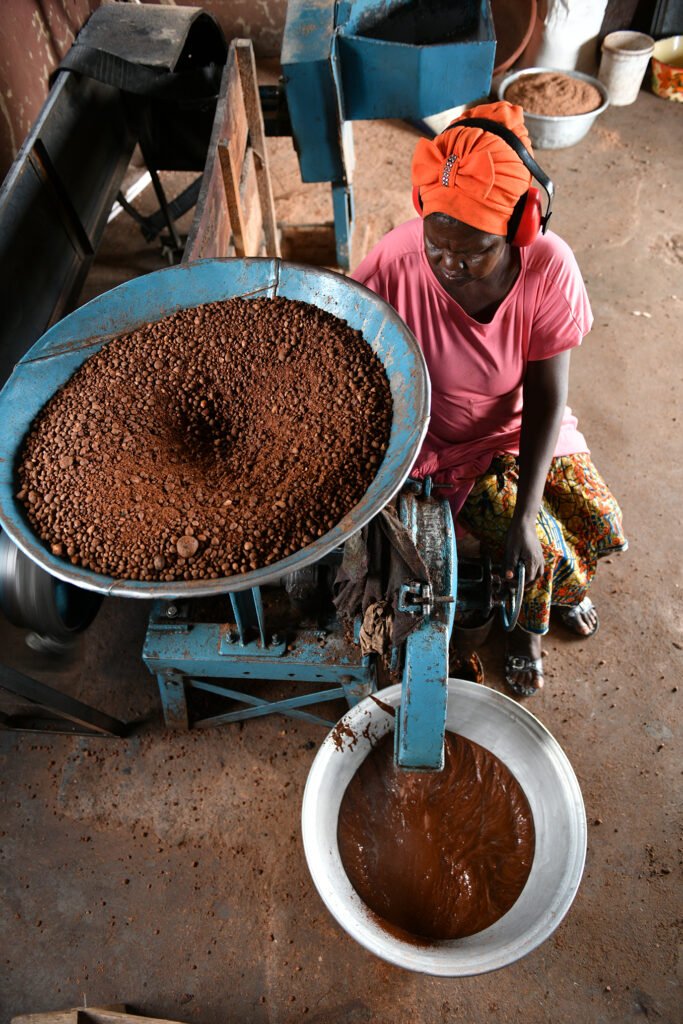
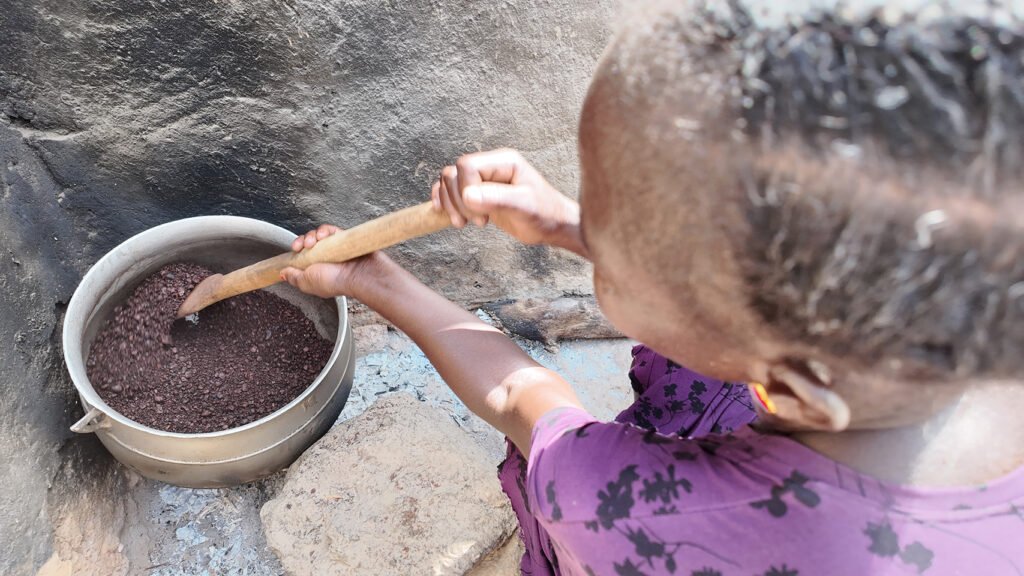
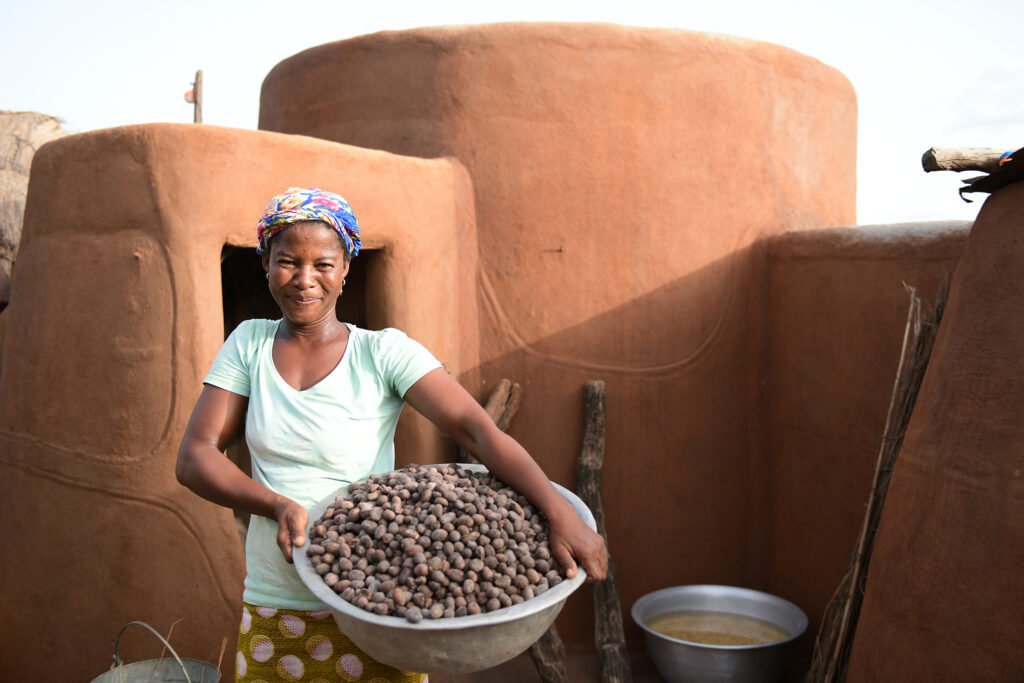
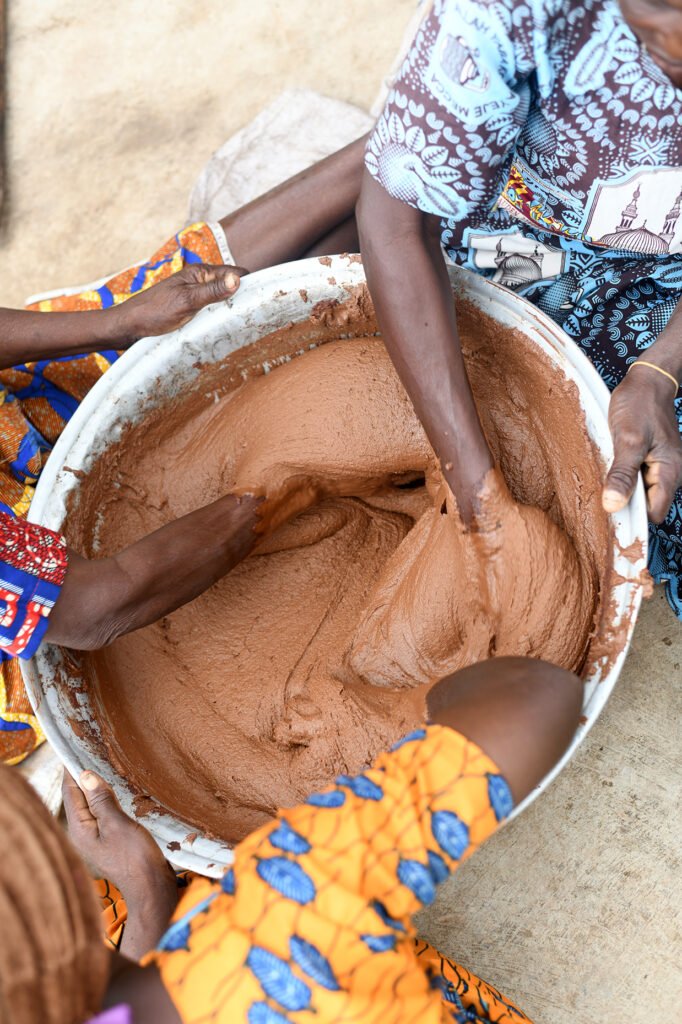
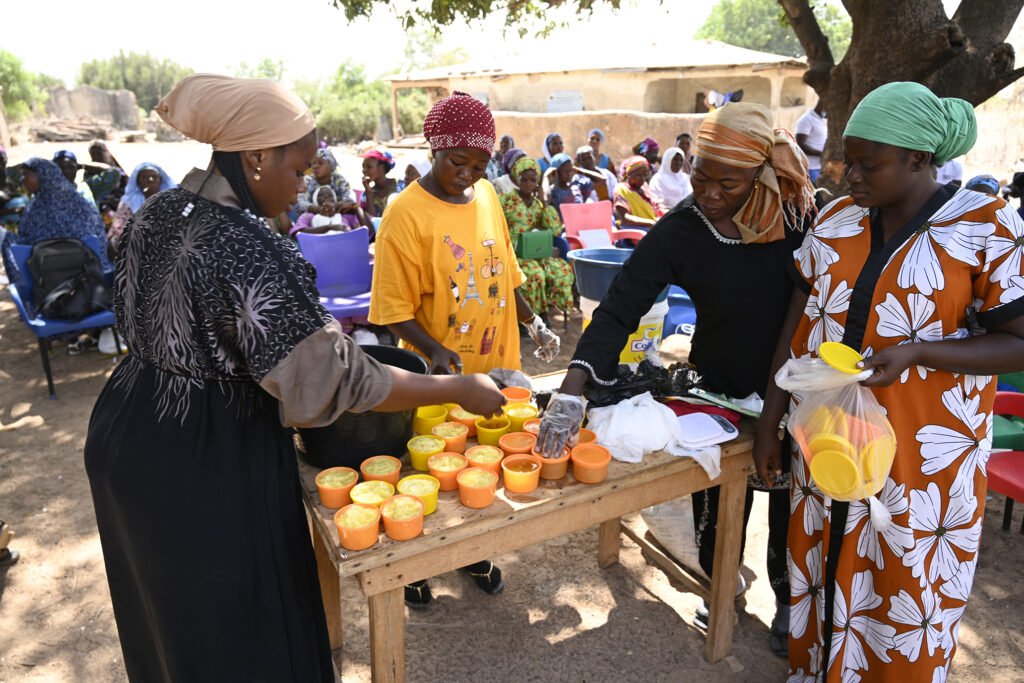
It is a symbol of resilience and economic empowerment. This golden treasure provides a sustainable income for women who painstakingly gather, dry, and process the nuts into a rich butter renowned worldwide for its healing and moisturizing properties.
Beyond its nuts, the shea tree produces a sweet, edible fruit packed with vitamins and nutrients. Its pulp is an excellent source of vitamin C, fiber, and antioxidants, which boost immunity, aid digestion, and promote overall health.
The fruit, often consumed fresh, serves as an essential source of nourishment for rural communities.
However, the journey from shea nut to shea butter is a laborious process requiring skill, patience, and sheer determination.
Women venture into the wild, walk long distances to collect fallen shea nuts.
After gathering, the nuts are boiled, sun-dried, and cracked open to reveal the kernels. These kernels are then roasted, grinded, and kneaded by hand until the oil separates from the solids, forming the smooth, fragrant butter which is now a staple in beauty and pharmaceutical industries, globally.
Shea butter is not the only valuable product derived from this remarkable tree. The shea nut also yields a highly nutritious cooking oil used traditionally in West African cuisine.
Rich in healthy fats, it promotes heart health and serves as a healthier alternative to palm oil and other cooking oils.
As global interest in natural and sustainable products grows, the demand for shea butter has surged.
Major cosmetic brands have embraced it as a key ingredient in lotions, hair products, and medicinal ointments, thanks to its high concentrations of vitamins A and E and anti-inflammatory properties.
Additionally, the food industry now recognises shea butter as a viable alternative to cocoa butter in chocolate production, further expanding its market value.
Yet, despite its growing international appeal, the shea industry faces significant challenges.
Climate change threatens the sustainability of shea trees, while middlemen and unfair pricing structures often limit the earnings of the women who produce the butter.
However, initiatives promoting fair trade, value addition, and sustainable harvesting practices offer hope for better economic returns for shea producers.
Organisations and cooperatives are working tirelessly to protect the shea tree and enhance the livelihoods of shea butter producers.
By introducing modern processing techniques, offering training programmes, and securing fair trade agreements, these efforts are ensuring that the legacy of shea butter continues to benefit local communities for generations to come.
Maria Johana Yuorpor, one of the women leading this transformation is a dedicated shea butter processor. For over a decade, she has championed quality production while equipping women with the skills to refine and add value to this ‘women’s gold.’
Maria’s journey into the shea butter industry was not one of mere chance but of deep-rooted passion and an unyielding commitment to uplift her community.
Growing up in a region where shea butter was a staple in homes used for cooking, skincare, and medicinal purposes, she witnessed firsthand its potential as a tool for economic empowerment.
Determined to make a difference, she immersed herself in intensive research and training, perfecting her craft to meet international standards.
Over the years, her expertise and commitment to quality production have earned her local and international recognition, shining a spotlight on Upper West shea butter.
According to Maria, the best shea butter comes from the Upper West Region due to the naturally rich and unpolluted environment in which shea trees flourish.
“The climate and soil here give our shea nuts a unique richness, which translates into high-quality butter with superior texture and moisturizing properties as well as the best way of processing it,” she explains.
Maria said, said when she begun understanding the importance of value addition, she started training women in her community on advanced processing techniques, including refining, packaging, and product diversification.
“Today, many of my trainees have expanded beyond producing raw shea butter to crafting soaps, body creams, and essential oils, all tailored for export markets”, she added.
To further enhance the shea industry and support women entrepreneurs, the Kosmos Innovation Center (KIC) among many organisations has stepped in with training and funding opportunities.
Mrs. Mercy Tuffour, Gender and Safeguarding Specialist in an interview said, KIC through their initiatives were training women on modern techniques in product formulation, branding, and market access, allowing them to elevate their shea-based businesses.
She emphasised the significance of these interventions: “We are committed to equipping women with the skills and resources needed to create high quality shea products that can compete in both local and international markets.
By adding value to raw shea butter, these women are transforming their livelihoods and securing better financial futures, where Northern Ghana becomes the hub of premium shea butter exports, driven by women entrepreneurs, she added.
She also advocated increased investment in shea butter processing facilities and seeks partnerships with global skincare and cosmetic brands to highlight Ghana’s superior shea butter.
As Maria Johana Yuorpor continues her mission, her story serves as an inspiration to many – proof that with passion, knowledge, and resilience, local resources can be transformed into global opportunities, changing lives one shea nut at a time.
Story/Photos from Geoffrey Buta, Nyoli, Upper West
News
Consume Made-in-Ghana chocolates- Madam Abla Dzifa Gomashie
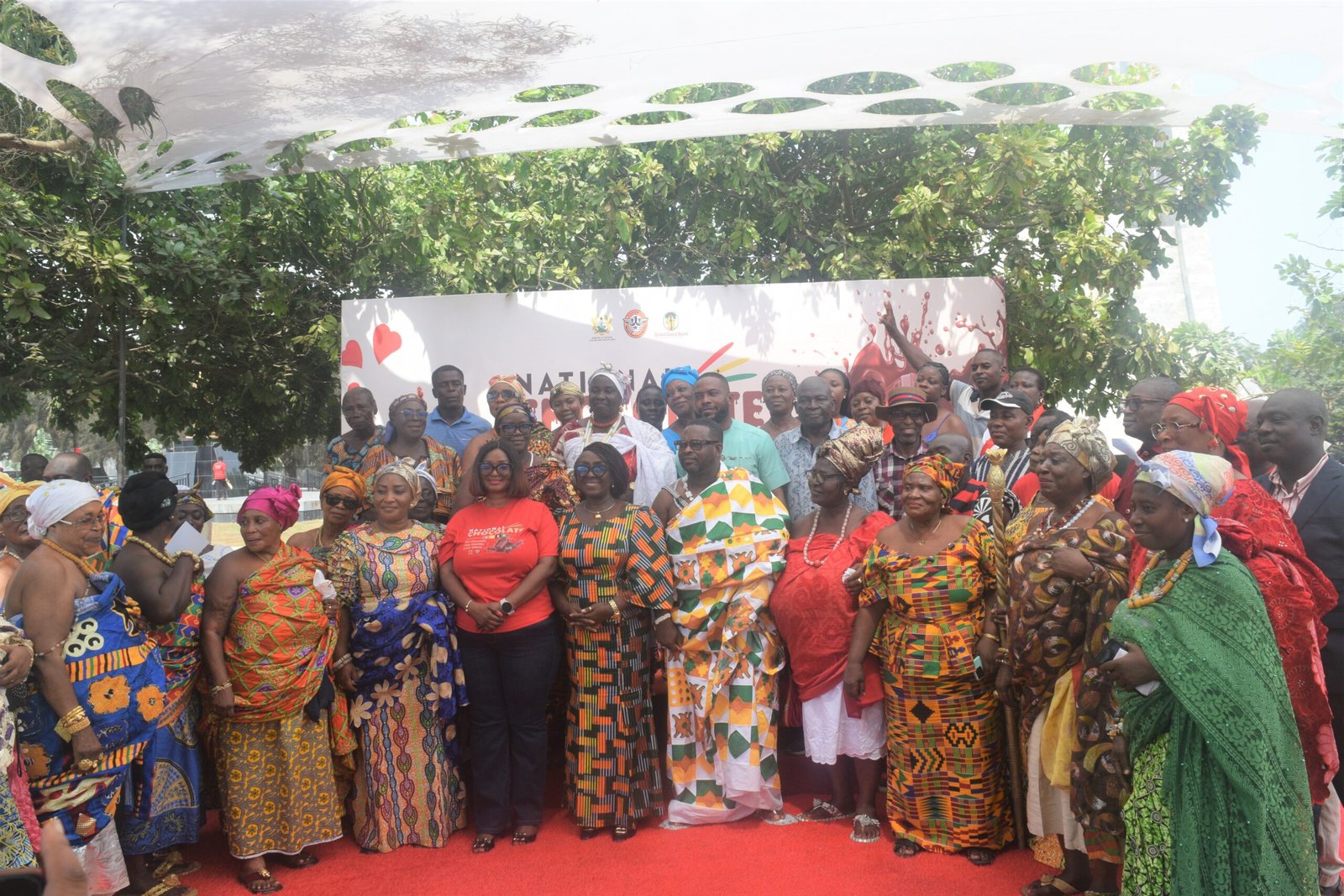
She noted that the programme had helped to reshape the celebration of Valentine’s Day in Ghana by leveraging chocolate as a symbol of love, providing a longer period of engagement, and increased awareness.
Mrs Houadjeto said as local consumption of Ghanaian chocolate was being promoted, it would enhance domestic tourism, social cohesion and create jobs for the youth.


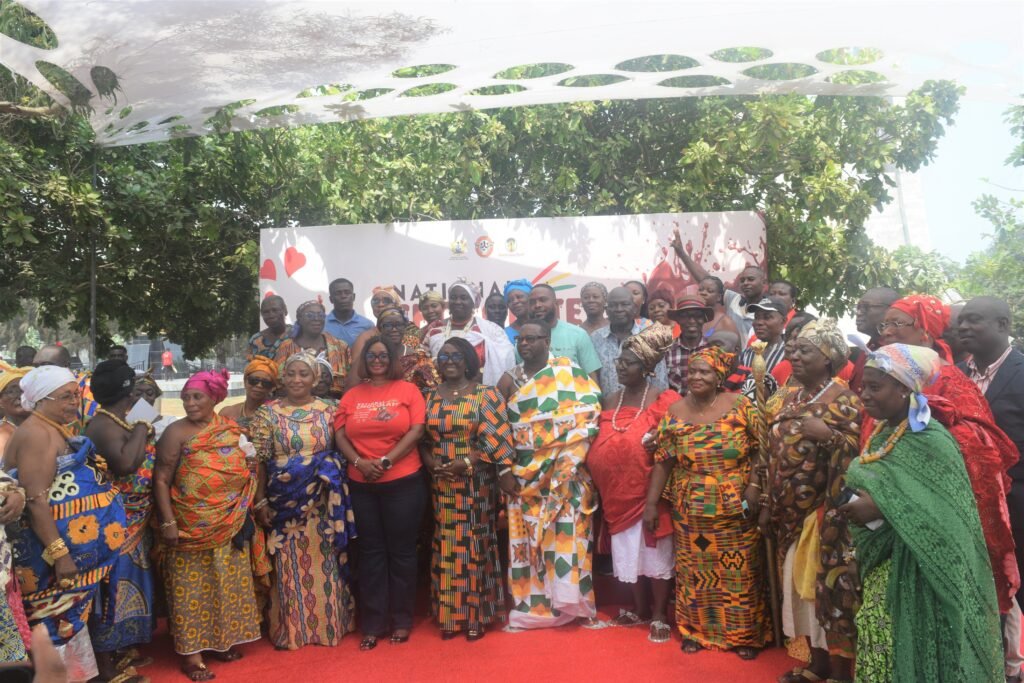
She stated that “cocoa is a stress reliever, helps to reduce blood pressure, improves the blood flow to the brain and boosts brain function, acts as a stimulant, and a natural aphrodisiac.”
She called on stakeholders in the entire value chain to continue to promote the consumption of chocolate and cocoa-based products, adding: “It must be continually nurtured and promoted to attract both national and international attention and participation.”



By Jemima Esinam Kuatsinu
-

 News1 week ago
News1 week agoAshanti Regional minister meets former ministers
-

 News1 week ago
News1 week agoAfrican Tourism Partners appoints Feancis Doku as West Africa Regional Representative
-

 News1 week ago
News1 week agoFurnish my office with list of all frequency authorisations issued in last 60 days – Sam George instructs NCA Ag.General

